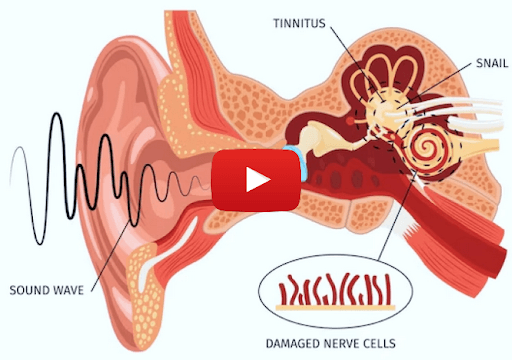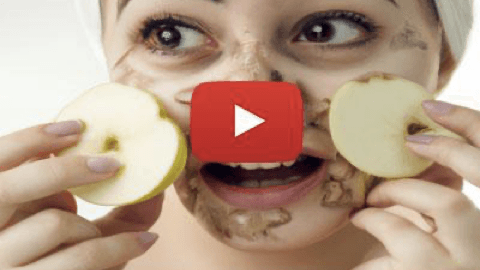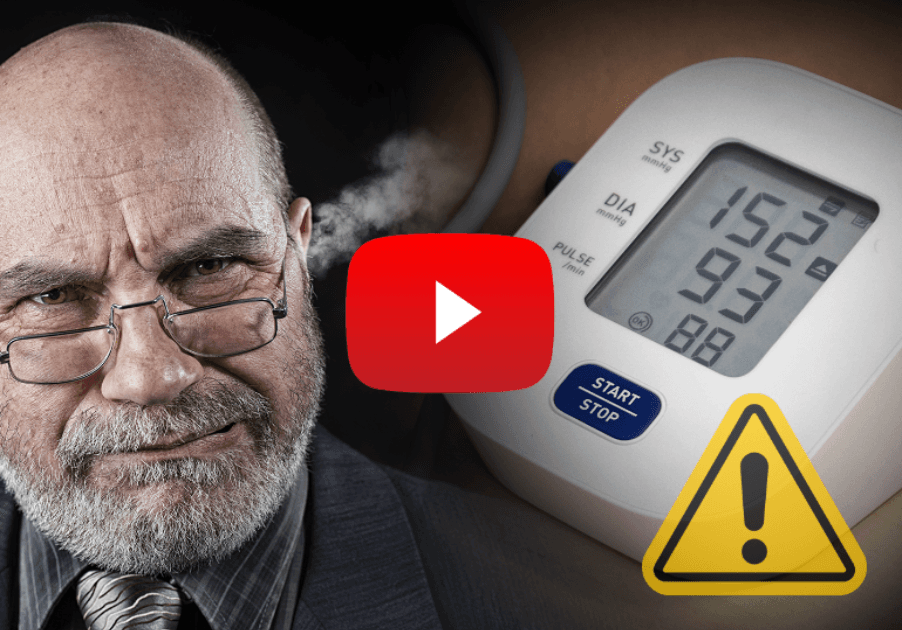Tonsil Stones: The Hidden Cause of Bad Breath!
Tonsil stones are small, hard deposits that form in the crevices of your tonsils. Though not often visible, they can be a common source of persistent bad breath. By understanding what tonsil stones are, you can take proactive steps to improve your oral health.
These formations are primarily made up of bacteria, food particles, and dead cells that get trapped in the tonsils and then calcify. The bacteria involved can produce sulfur compounds, leading to bad breath.
The telltale signs that you might have tonsil stones despite them being concealed include persistent bad breath, frequent sore throats, difficulties swallowing, ear pain, and the presence of white debris in the back of the throat.
Typically, people without tonsils do not develop these stones. However, those with partial tonsillectomies may still experience stones due to remaining tonsil tissue or scar tissue where they can form.
"Don’t feel bad if you are brushing, flossing, and seeing your dentist regularly, but bad breath is still coming from the back of your throat. Maybe it’s tonsil stones."
If tonsil stones aren't present, yet bad breath persists, it might be worth exploring other potential causes such as postnasal drip, allergies, or gastrointestinal issues. Consulting primary healthcare providers could provide further insight.
For those looking to refine their dental care habits, following guidelines to minimize the occurrence of bad breath is crucial. Access a free oral care guide for essential tips on home hygiene practices.
Whitney encourages viewers to not only keep tackling oral issues proactively but also to engage with her community on social media platforms for more insights.
Maintaining a healthy mouth isn’t just significant for aesthetics; it can reduce costs related to dental visits and enhance overall well-being.
From Around The Web
Wellness Inbox is a blog & weekly newsletter that curates trending news and products related to health and wellness from around the web. We also gather content from various sources, including leading health professionals, and deliver it directly to you.
Please note that we may receive compensation if you purchase any products featured in our newsletter. Wellness Inbox is not affiliated with, nor does it endorse, any health professionals whose content may appear in our newsletter. The information provided is for general informational purposes only and should not be considered medical advice.
The information provided is not intended to replace professional medical advice, diagnosis, or treatment. All content, including text, graphics, images, and information available is for general informational purposes only. We do not guarantee the accuracy or completeness of any information presented and assume no liability for any errors or omissions. The content is subject to change without notice. We encourage you to verify any information with other reliable sources and consult your physician regarding any medical conditions or treatments.







